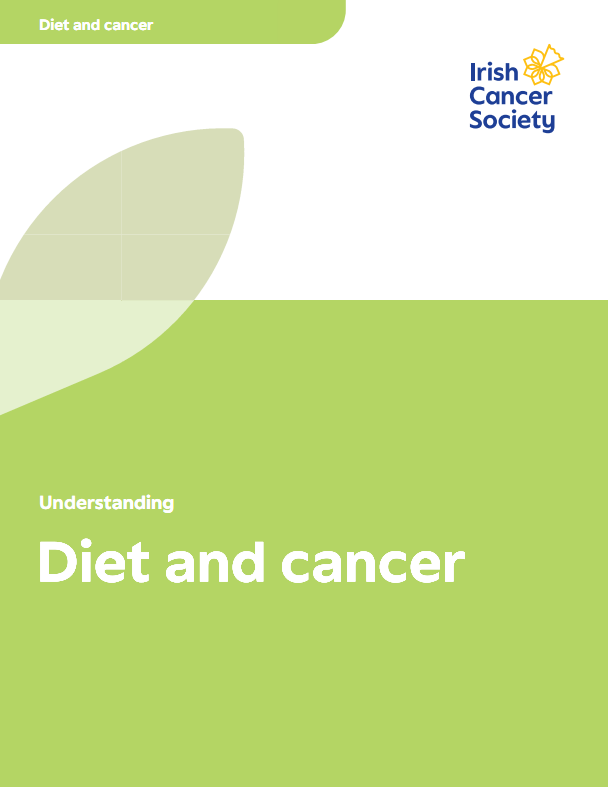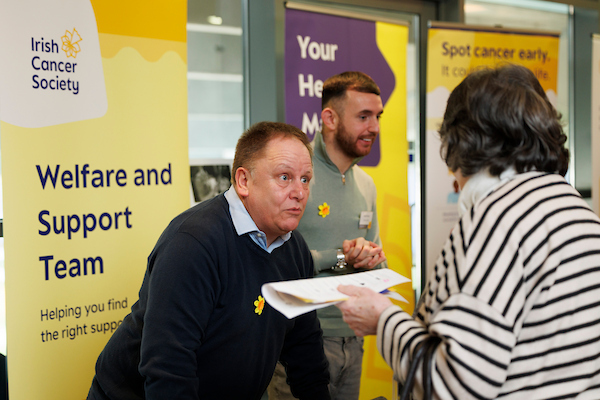A healthy lifestyle can help you to:
- Feel better
- Heal and recover faster
- Cope better with the side-effects of treatment
- Keep up your energy and strength
- Prevent health problems, such as heart disease, lung problems and diabetes
Research suggests that for some cancers a healthy lifestyle can lower your risk of the cancer coming back.






